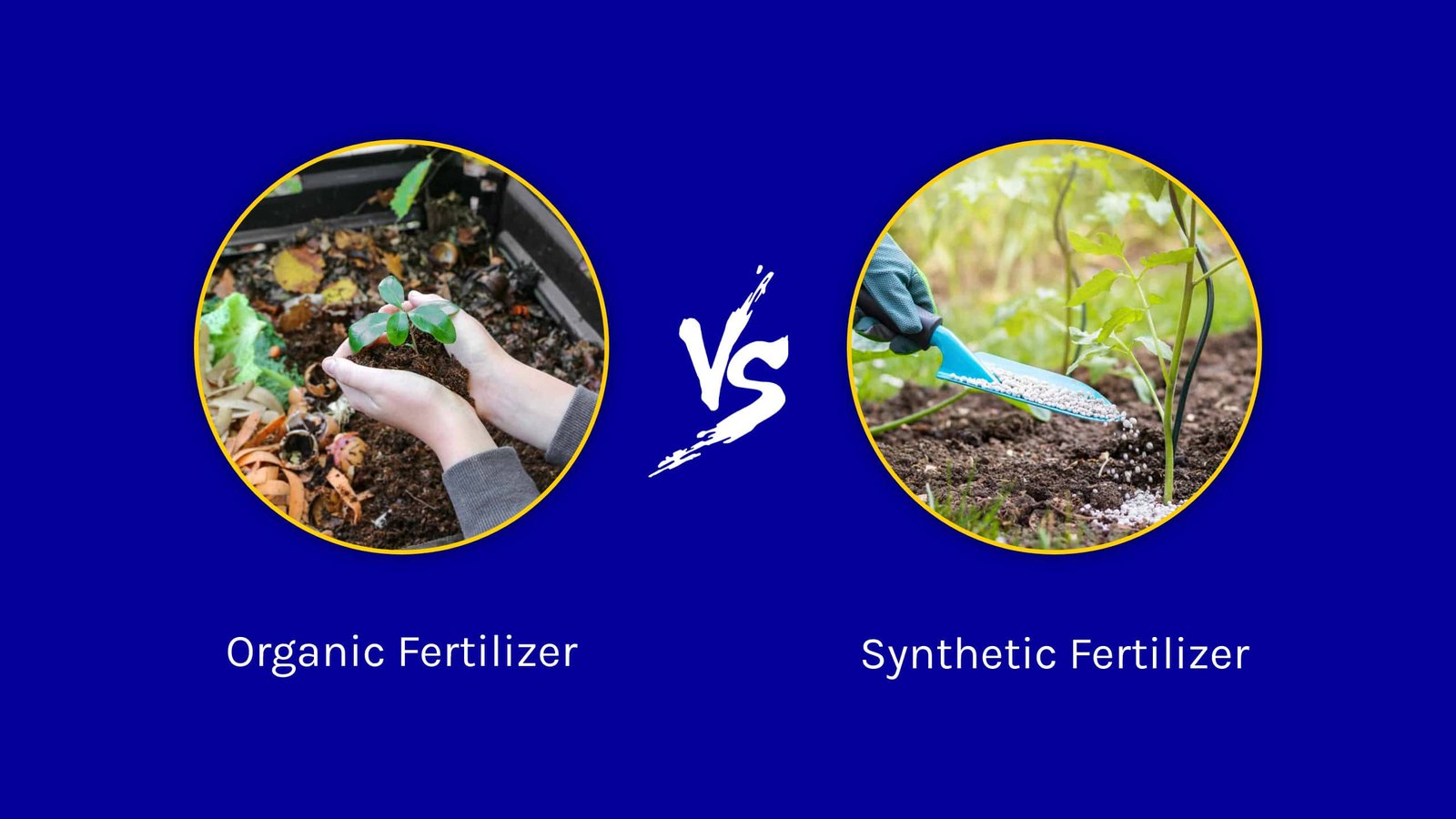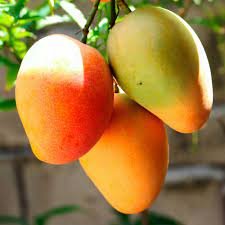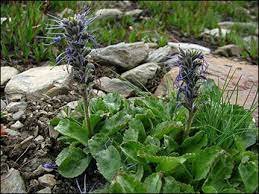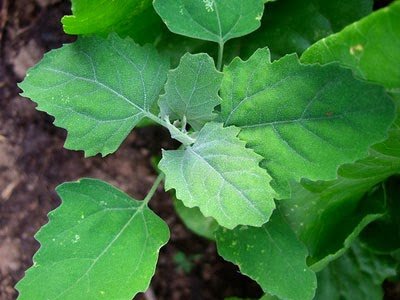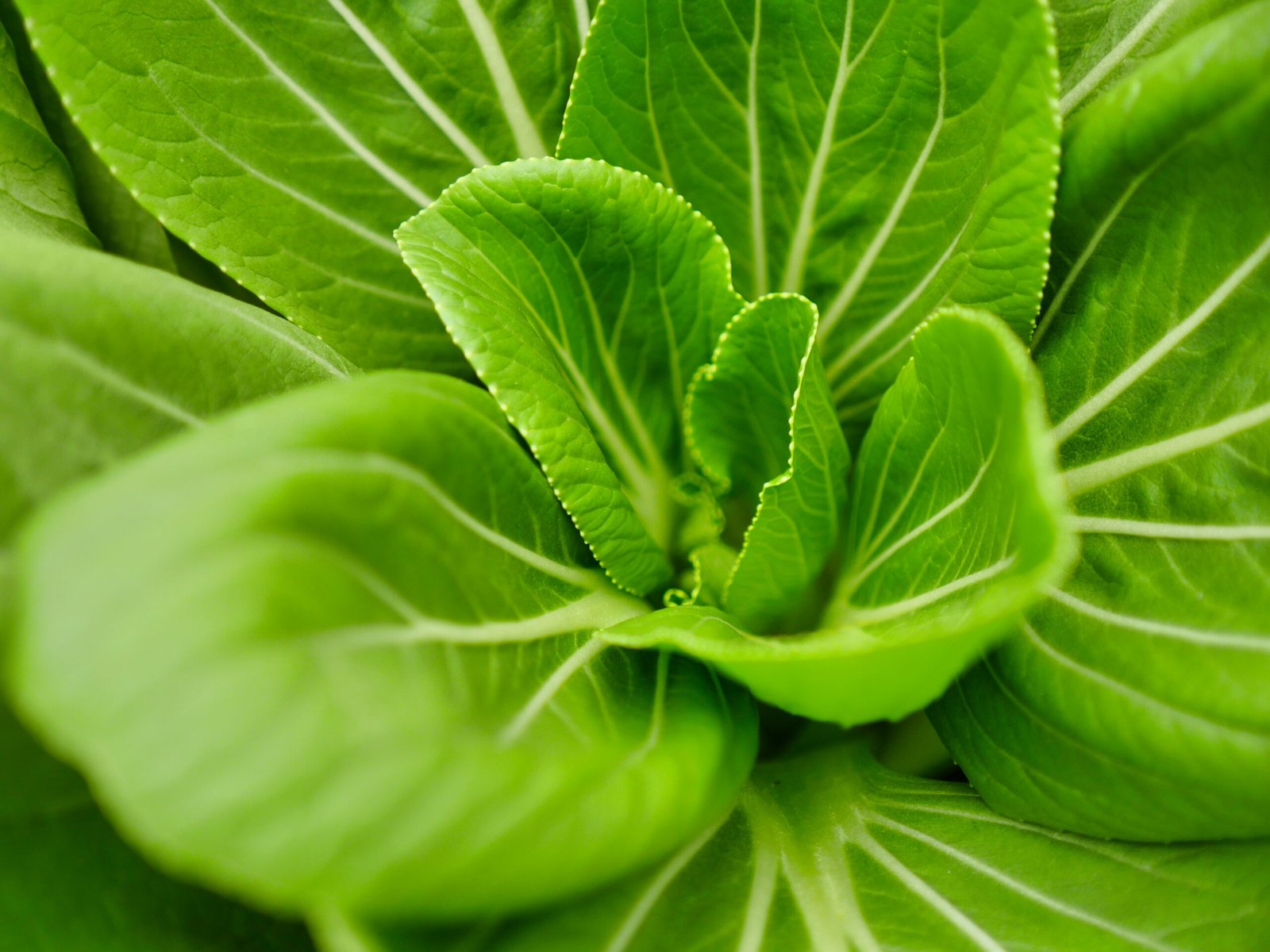
When it comes to agriculture and gardening, fertilizers play a crucial role in providing essential nutrients to plants, ensuring their healthy growth and maximizing crop yields. However, not all fertilizers are created equal. Chemical or synthetic fertilizers, while effective in boosting plant growth, can have detrimental effects on both the environment and human health.
The Downside of Chemical Fertilizers
Chemical fertilizers are typically manufactured using synthetic compounds that are high in nitrogen, phosphorus, and potassium – the three primary nutrients required for plant growth. While these fertilizers can produce quick results and enhance crop productivity, they come with a host of negative consequences.
1. Environmental Impact
One of the major concerns with chemical fertilizers is their impact on the environment. When these fertilizers are applied to the soil, they can leach into nearby water bodies, causing water pollution. The excess nutrients, particularly nitrogen and phosphorus, can lead to the growth of harmful algae in lakes, rivers, and oceans, resulting in oxygen depletion and the death of aquatic life. This phenomenon, known as eutrophication, disrupts the delicate balance of ecosystems and can have long-lasting effects on biodiversity.
2. Health Risks
Chemical fertilizers can also pose health risks to humans. Exposure to these fertilizers, whether through direct contact or consumption of contaminated food, can have adverse effects on human health. Here are some of the potential risks:
- Respiratory Issues: Inhalation of chemical fertilizers or their dust particles can irritate the respiratory system, leading to coughing, wheezing, and shortness of breath.
- Allergies and Skin Irritation: Prolonged exposure to chemical fertilizers can cause allergic reactions and skin irritation, particularly in individuals with sensitive skin.
- Food Contamination: When chemical fertilizers are used excessively, they can contaminate the crops grown in the treated soil. Consuming these contaminated crops can introduce harmful chemicals into the human body.
- Hormonal Disruption: Some studies suggest that certain chemicals present in synthetic fertilizers, such as phthalates and bisphenol A (BPA), may interfere with the normal functioning of hormones in the body, potentially leading to reproductive and developmental issues.
Exploring Safer Alternatives
Fortunately, there are safer alternatives to chemical fertilizers that can promote plant growth without compromising human health or the environment. Here are a few options:
1. Organic Fertilizers
Organic fertilizers, derived from natural sources such as compost, manure, and bone meal, offer a sustainable and eco-friendly approach to plant nutrition. These fertilizers release nutrients slowly, providing a steady supply to plants over time. They also improve soil fertility and structure, promoting the growth of beneficial microorganisms.
2. Biofertilizers
Biofertilizers consist of living microorganisms that enhance nutrient availability in the soil. These microorganisms, such as nitrogen-fixing bacteria and mycorrhizal fungi, form symbiotic relationships with plants, aiding in nutrient absorption and improving overall plant health.
3. Crop Rotation and Cover Crops
Implementing crop rotation and cover cropping techniques can help replenish soil nutrients naturally. By alternating different crops in a particular area, farmers can prevent nutrient depletion and reduce the need for synthetic fertilizers. Cover crops, such as legumes and grasses, can also fix nitrogen in the soil, reducing the reliance on chemical inputs.
A Greener Future
As awareness about the harmful effects of chemical fertilizers grows, more and more individuals and organizations are adopting sustainable farming practices. By embracing organic and natural alternatives, we can protect the environment, safeguard our health, and pave the way for a greener and healthier future.
So, the next time you tend to your garden or shop for produce, consider the impact of the fertilizers used. Choose wisely and opt for eco-friendly options that promote the well-being of both plants and humans.
Related Posts
Khad Ghar by ViViCrop
Khad Ghar: A Vision for Sustainable Agriculture by ViViCrop Farm Science Private Limited What is…
VV-Zyme – Organic & Bio Fertilizer For Farmers.
VV-Zyme is the brand name having trademark on name of VIVICROP FARM SCIENCE PRIVATE LIMITED.…
Comparative Analysis of Bio Fertilizers, Organic Fertilizers, and Synthetic Fertilizers
Fertilizers play a critical role in modern agriculture, enhancing soil fertility and boosting crop yields.…
The Transformative Impact of Organic and Bio Fertilizers on Farmers’ Lives
As the world becomes more conscious of the environmental impact of conventional farming practices, there…


